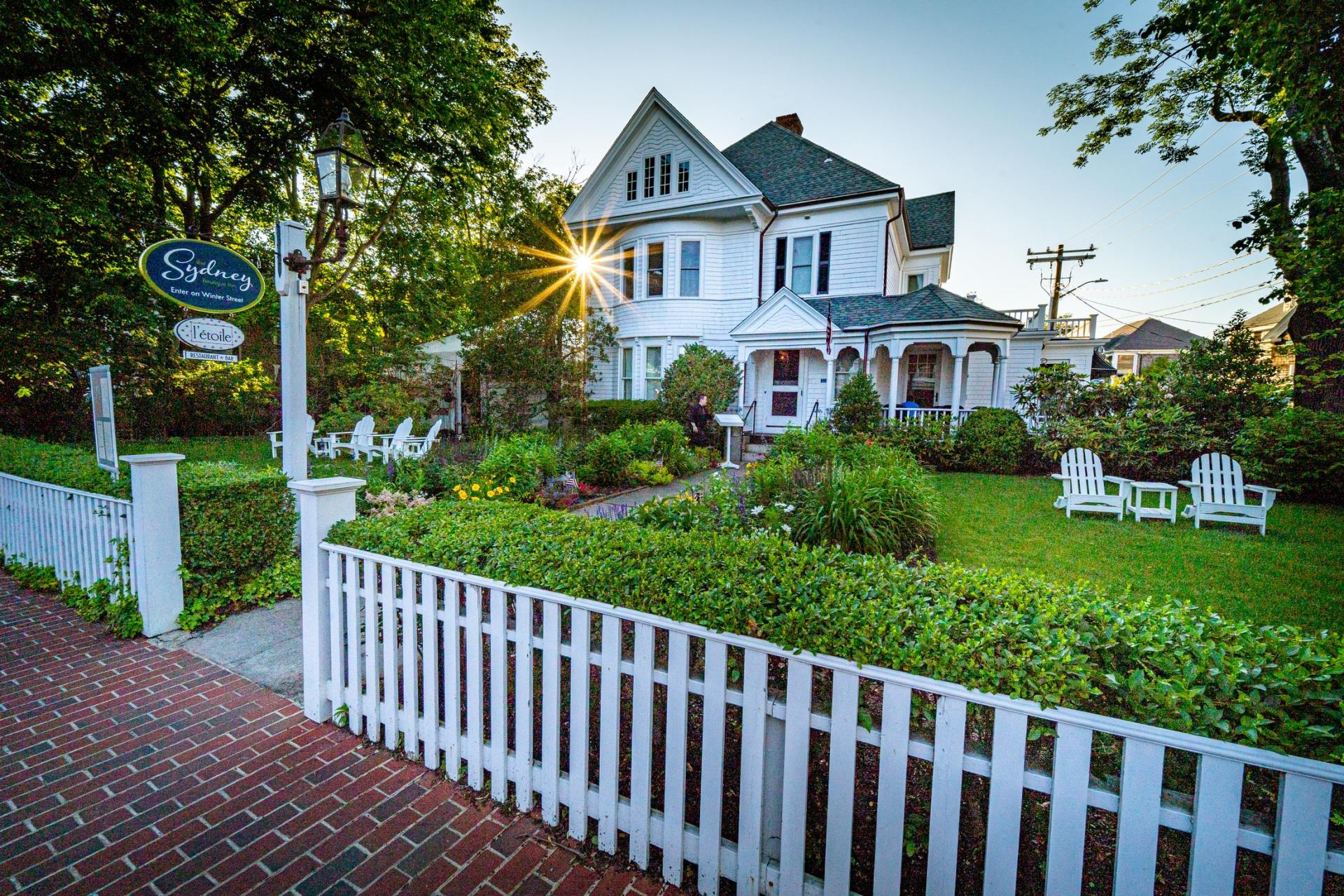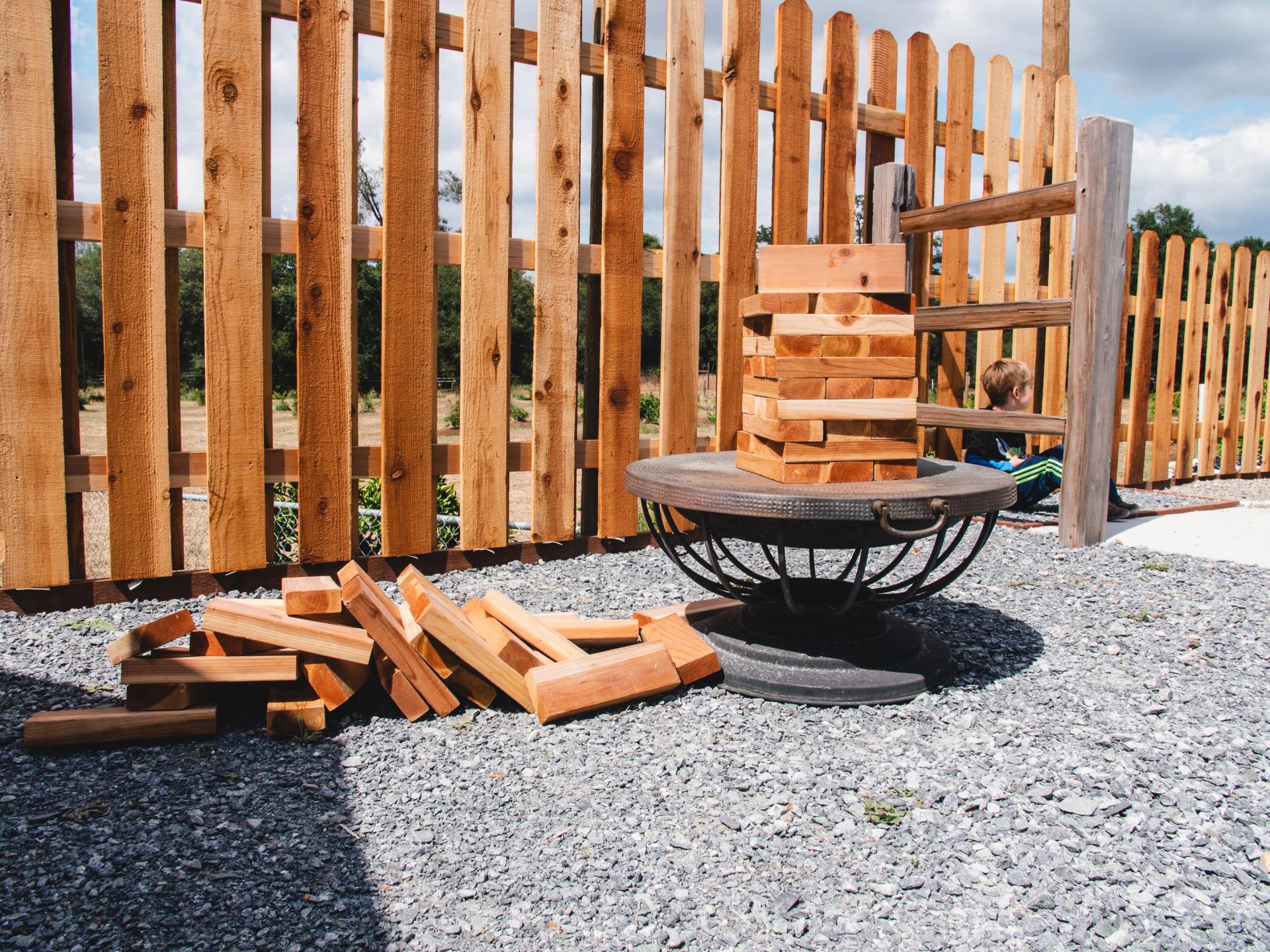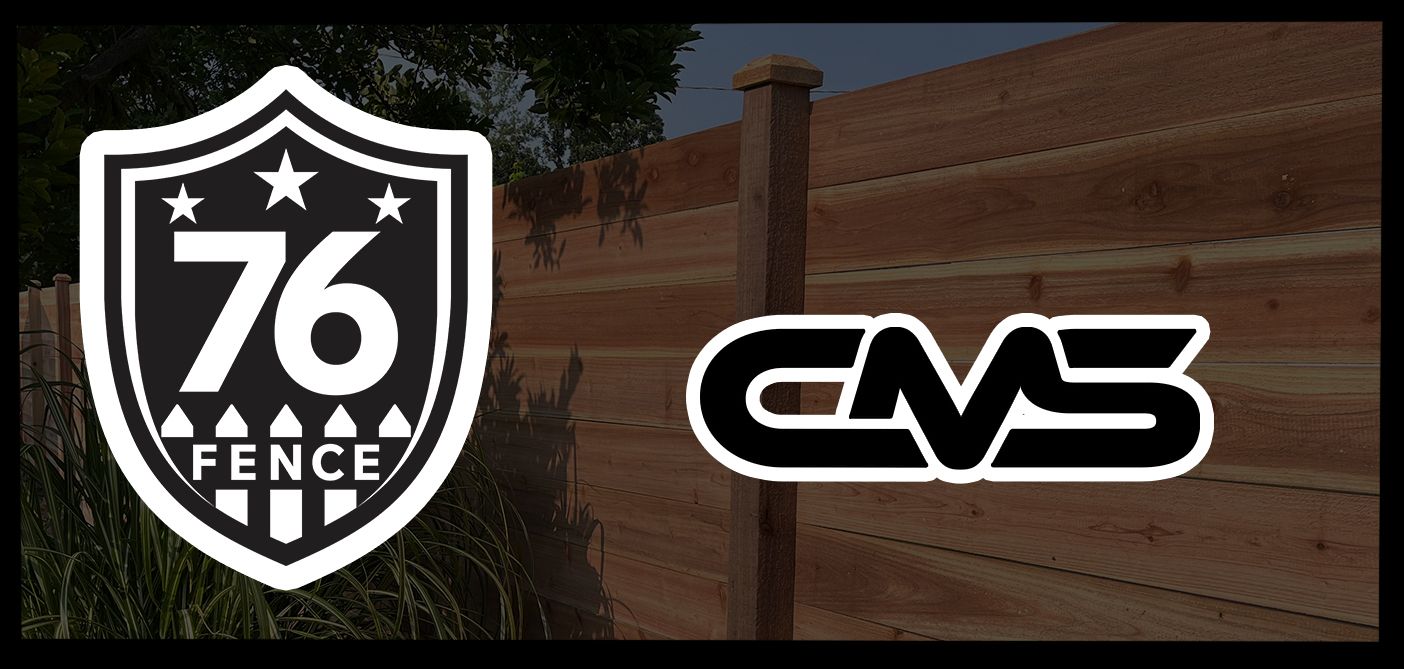Tips for Choosing a Fence Company
October 20, 2022
This is a subtitle for your new post
Your home is a significant investment, and it is natural that you want to safeguard and enhance it. Installing a fence is an important step in security and a significant expenditure for a property owner. Choosing the appropriate fence contractor for the job is critical to avoiding issues at any stage during or after the installation.
There are seven fundamental techniques to protecting yourself, your property, and your investment.
Research
Before interviewing any fence contractor, you can learn a lot about the person or organization you're working with from your first meeting. Here are some things to be aware about:
When you phone the office, you should never get a generic response. Any professional company will have a professional phone answer that includes the company's name.
Any advertisement must have a genuine address. Many fly-by-night services do not have a legitimate address to which they can be traced.
Never be afraid to check Better Business Bureau listings. This is a free service designed to help consumers.
While it is natural for people who are looking at listings to choose the first company they come across. Keep in mind that being at the top of a search or phone list is not an indication of a company's ability.
Interview Red Flags
Some other considerations to bear in mind when you search for a contractor are as follows:
You should be wary of a contractor that requires you to make an immediate choice.
It is never a good indicator when a professional presses you to pay in cash. There are some respectable firms that will provide their consumers a cash discount, which should not be confused with the contractor who only accepts cash.
Any reputable contractor will provide you with a written estimate for the services you are requesting; if they do not, you should not do business with them.
Questions to Consider
Other items to discuss with your fence contractor or potential contractor include:
What materials do they suggest, and why?
Inquire about their methods if you are replacing or repairing your fencing.
What is the contractor's track record for staying inside the estimate amount?
How often do they complete their tasks on time?
Have they installed similar projects to yours?
Will any of the current materials be able to be utilized or recycled in the installation/repair?
Always consult with family members and obtain documented quotations.
Planning is as simple as 1-2-3.
1. When planning your fence, consider how much money you are willing to spend on materials and labor. Once you've made these decisions, you'll need to communicate them with the fence contractor and check that they'll be able to work within these parameters.
2. Determine the length of your fence. Will it include the entire property or only a piece of it? Do you want to incorporate different types of fencing, such as one near the house and another further away?
3. Look through magazines and other properties to get a sense of what you want, then show the photographs to the fence contractor to obtain a clear vision of what you want. Never be afraid to ask for design ideas or assistance.
Determine a Timeline and a Contact Person
As you go, you will require a firm timeframe for when the job is projected to be completed. Determine whether there will be any reductions for lateness or failure to meet the set goals.
Find out who the direct responsibility is in the event of any problems or queries on major jobs where numerous employees will be doing the work.
Guarantees
Some contractors will provide you a warranty on your job or materials. Inquire about any job-related warranties provided by the organization.
Depending on the materials you choose for your fencing, it may also come with a warranty. Many automatic gate manufacturers provide extended warranties of up to 7 years.
Payment
You'll need to find out what the company's policy is on work. Some businesses want full payment up front, while others require partial payment or payment at the conclusion of the job.
Will they provide funding? Do they take credit cards, and if so, which ones?
If you are interested in obtaining pricing information, please use our free online price estimator available here.
If you require financing, click here.
If you're ready to make a fence purchase, schedule an onsite visit with one of our sales representatives here.
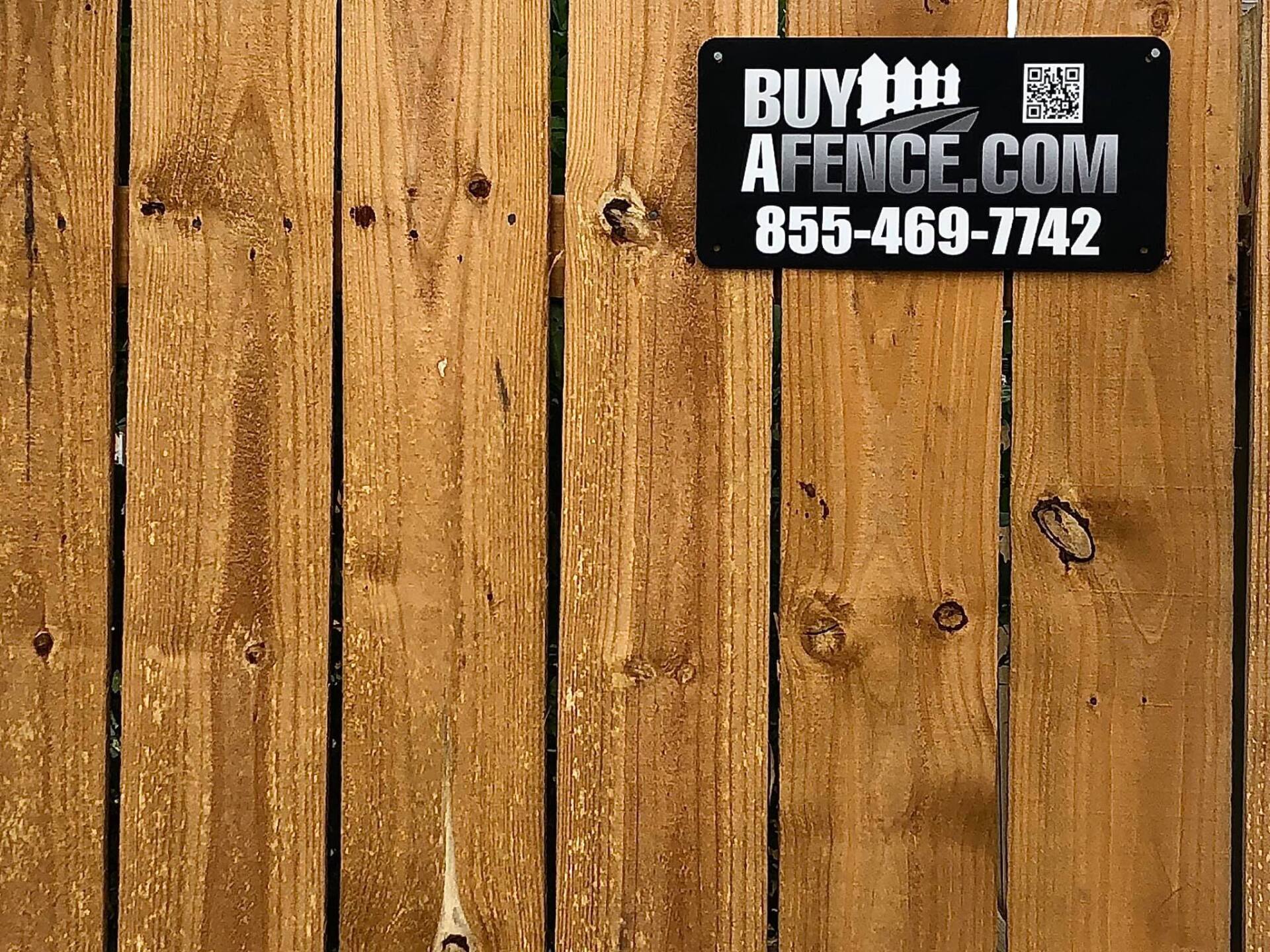
Cost of a Privacy Fence Most homeowners pay from $4,788 to $12,961 for a privacy fence. The national average price, which includes material and labor expenditures, is around $6,375. Because most fence contractors charge by the linear foot for their work, it's helpful to know that the average pricing across different materials is around $45 per linear foot of fence installation. A number of variables can affect this pricing, and you could wind up spending anywhere from $44 to $66 per linear foot depending on your circumstances.

Why is a Cedar Fence the Best Choice? The topic of what sort of wood is ideal for wood fences is one of my favorite questions to be asked whether I'm talking to a customer or run across someone who has that perplexed expression on their face when shopping at a large box store. There are many different types of wood fences available, ranging from bamboo and spruce to yellow locust pine and fir, among others. All of them may be readily constructed in order to create an appropriate border for your home or business. Western red cedar fencing, on the other hand, is the greatest form of wood fence available on the market.
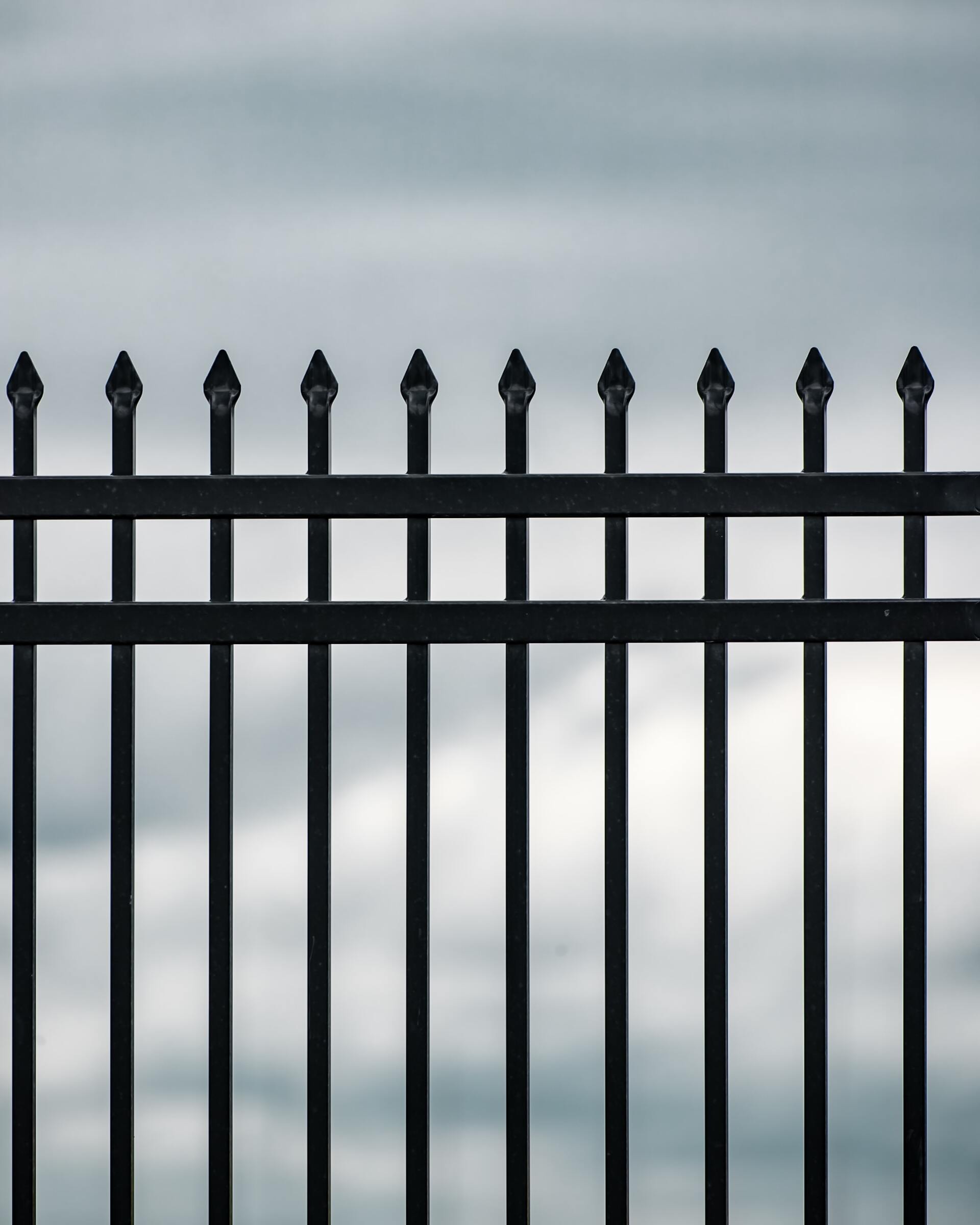
When planning to fence your yard, make an informed decision so that your option will meet the needs of your yard, family, and way of life, among other things. Homeowners have a variety of fence alternatives to pick from, as well as a plethora of factors to consider before constructing a fence. Make certain that the fence you choose will satisfy the needs of your home: Is it your intention to keep children and pets contained, increase seclusion, or just increase the value of your home by improving the appearance of your yard? Maintainability and pricing are also important considerations. You should also research neighborhood restrictions and choose the most qualified fencing contractor to do the installation. When deciding between a white picket fence and a wooden privacy fence, Patrick Brouillette, proprietor of highly rated BuyaFence.com in Schaumburg, IL, advises that you should thoroughly analyze your options before making a financial commitment. When it comes to the cost of a new fence, the average ranges from $4,600 to $12,000, depending on the size and type you choose. As a result, you want to make an informed decision the first time. The cost of fence installation is also affected by other factors, such as the slope of your yard. When choosing the ideal fence for your home and family, highly rated fencing companies advise you to consider the following considerations: 1. Select the most appropriate fence for your yard. Fences are installed by homeowners for a variety of reasons, including seclusion, aesthetics, and the protection of dogs and children. Fences, when done correctly, are one of the most important landscape components that can raise the value of a home. Pickens recommends that you first ask yourself why you need a fence and then let the answer drive your decision-making. He recommends that you put your necessities first and your wants second, rather than the other way around. If you want seclusion, but you need a picket fence, he says, adding that privacy fences are generally discouraged since they might detract from a home's value when it comes time to sell. 'When it comes time to sell your house, potential purchasers will wonder, 'What are they hiding back there?'" says the author. In the case of a need for seclusion, wooden fences are typically the most effective solution, while vinyl fencing is occasionally a feasible alternative, according to Jennifer Pechanec, manager of Chesapeake Custom Builders in Chesapeake, Virginia. However, she points out that certain vinyl fences may have panels that are too widely apart to give adequate privacy. Customers who do not require seclusion might opt for an aluminum fence, which provides a classy, open appearance to their yard. Aluminum fencing is required by some homeowners groups in certain localities. In terms of confinement, if you're primarily concerned with protecting a pet or a youngster, no one style of fence is particularly preferable to another, according to Michael Sterrett, owner of Affordable Fence in Bloomington, Indiana. Always keep in mind that you are constructing a fence for containment purposes. When building a fence to keep a pet contained in your yard, for example, it is important to consider what your animal is capable of in terms of digging and jumping, explains Pickens. “The last thing you want is to spend time and money building a new fence, just to have your dog jump over it when you let him out for the first time,” he explains. 2. Take into consideration fence upkeep. Consider how much time you want to devote to keeping your fence in good condition. Wooden fencing requires the most upkeep due to the fence painting and staining that must be done every couple of years, but it can increase the value of your home by making your yard more aesthetically beautiful, according to Pickens, who also recommends it. Many homeowners prefer aluminum or vinyl fencing because it takes little maintenance over time, according to Sterrett. Aluminum and vinyl fencing are also less expensive than other types of fencing. Pickens points out that wood fences have the advantage of being more easily mended than metal fences. It is possible to replace damaged boards and have them fit in with the rest of your fencing, according to him, if a storm causes damage to a few. As Pickens warns, if you need to repair or replace part of a vinyl or aluminum fence, you may discover that the fence manufacturer is no longer in business or no longer sells the product, making it difficult to find fencing that matches what you already have in your yard, or that the fence manufacturer is no longer in business. According to him, clients may find themselves having to replace an entire fence despite only minor damage to a few portions. According to Pickens, “the bottom truth is that if you construct a wood fence, it will always be easily repairable and replaceable.” 3. Consult with your homeowner's association. It's possible that if your community is governed by a homeowner's association, you will have no say in the style of fence you can erect. Before proceeding with a project, make certain that the fence you desire satisfies the organization's requirements for materials and height. In a related article, find out how much control homeowners associations have over your property. Maintain adherence to community association policies and procedures at all times, or you may face legally enforced fines. 4. Select the most qualified fence contractor. While it is possible to fence in a yard on your own, doing so will require specialized tools and a lot of hard work. Consider hiring a professional, but first check the company's licensing status and customer references to ensure that they are reputable. Also, make certain that the fence contractor will obtain all of the building permits that you may require from your city or county government. Your local planning and zoning agency can supply you with a plat map of your property, which will allow you to accurately delineate your property borders and better plan the location of the fence on your property. 5. Prepare a Budget Nobody likes being surprised, especially when it comes to pricing on something you really want for your home. Do your research on building materials. Prices have exploded since last year due to inflation, be prepared for a drastically higher price than you originally anticipated. Cedar , and lumber for that matter, are not the most expensive fence material. Vinyl is. Vinyl continues to go through the roof, and is often in low supply. Take this into consideration when choosing your fence installation options. A great way to budget for your next fence purchase is to use our fence price calculator . This will help you determine a starting point of material selection, number of gates, and if you can really afford the project or not. It's best to use this calculator prior to booking sales reps to come out, as it can be a waste of everyone's time if the budget is not available for the project from the get-go. Have questions? Feel free to contact us directly at info@buyafence.com or by calling 855-469-7742
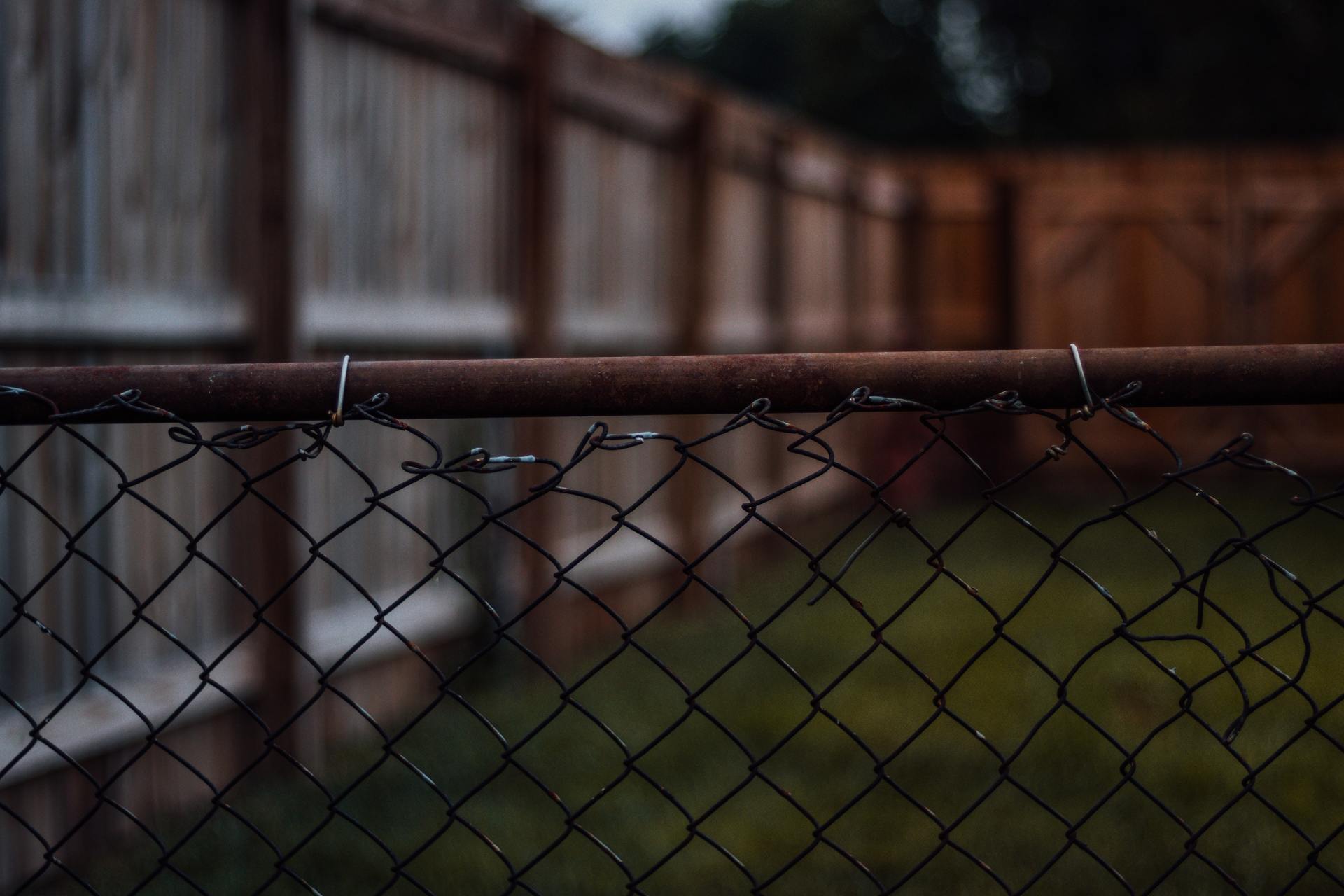
Selecting the Appropriate Fence Height for Your Residence Residential fence heights range from approximately three feet tall to approximately eight feet tall, but there are a number of considerations to consider when determining the height of a fence for your home. To decide the optimal fence height for your property, you will need to examine the type and function of your fence, as well as the location of your home and any applicable local laws and regulations. Determine the function of your fence What is it that you want your fence to do for you? Do you wish to be protected from inquisitive neighbors? Do you wish to keep trespassers off of your property? You want to be able to keep your dog and children in your backyard, right? Do you want to make your swimming pool more secure? Fence heights that are commonly encountered By establishing the purpose of your fence, you may cut down your selection of fence height and material alternatives. Decorative: These ornamental fences are typically used for their aesthetic appeal rather than for their protection. Fences that are decorative are typically three to four feet high, and they can be made out of wrought iron, vinyl panels, tubular bars, and other metals, among other materials. Privacy: Available in a variety of materials such as wood, vinyl, and chain link, six-foot-high privacy fences are usually sufficient to keep your neighbors from peering into your windows and yard. These picket or ornamental fences, which are commonly three feet high in front yards and six feet high in back yards, are often erected to a home in order to establish a clear border between your yard and a street or neighbor. Dog : The most vital thing to ask is "How high can your dogs jump?" A four-foot dog fence is sufficient for the majority of dogs, but a six-foot dog fence may be required for larger breeds or jumpers who are taller than the fence. Pool Fences: In the case of a pool, pool fences keep uninvited guests out while also protecting people and pets. The United States Consumer Product Safety Commission provides general standards on pool fencing (which should be at least four feet tall), but it is crucial to verify your local legislation to ensure that you are complying with the regulations. Creating a garden fence between three and four feet in height allows you to show off your flowers or vegetables while keeping larger animals out. If you have a problem with smaller animals, consider installing a strong fence. Check the laws and regulations in your area. Fencing rules vary from county to county, city to city, and homeowner association to homeowner association. Fence height, color, material and position are generally governed by local ordinances. Before beginning your fencing project, it is critical that you are familiar with the applicable laws and regulations. Join forces with Elgin Fence & BuyaFence.com for all of your residential fencing needs. CMS can install and repair any fence kinds, and we can assist you in determining the height that is most appropriate for your needs. If you would like to make an appointment with one of our estimators, please call us at (855) 469-7742 or fill out our online contact form right now.

